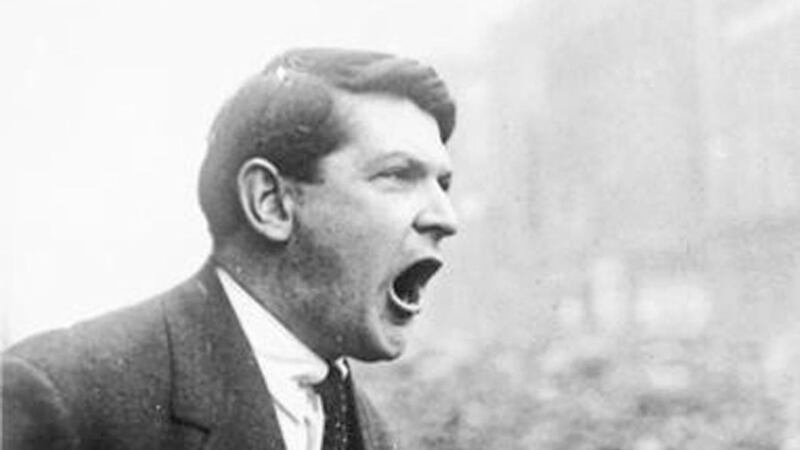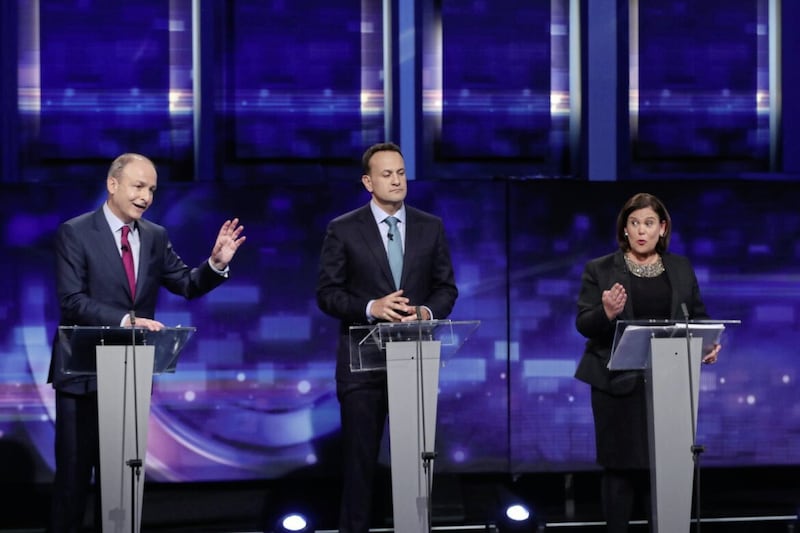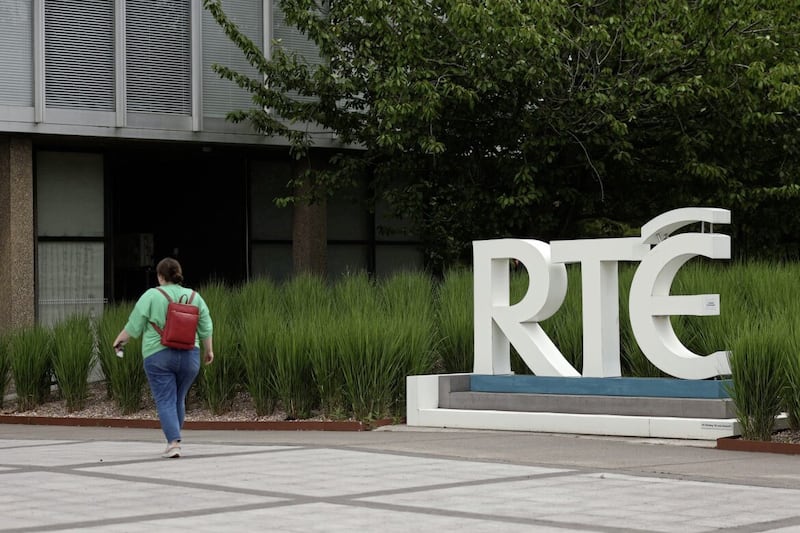MUCH attention has been given to the centenary of the Anglo-Irish Treaty, signed 100 years ago last Monday, shortly after 2am in No 10 Downing Street, by British representatives including Prime Minister Lloyd George and, on the Irish side, Arthur Griffith and Michael Collins among others.
The Treaty is not honoured or commemorated to anything like the extent as the 1916 Rising, since it was such a highly-divisive event that split families and communities, leading to a vicious civil war.
Whatever one’s view of the Treaty’s terms, it is hard not to feel sadness at the fact that three members of the Irish negotiating team would be dead within a year.
Griffith died of a cerebral haemorrhage on August 12 1922: the founder of Sinn Féin was 51 years of age and it is likely that stress and overwork contributed to his early demise.
Collins was 20 years younger. Having attended Griffith’s funeral at Glasnevin Cemetery, he was shot dead six days later during an ambush by anti-Treaty forces at Béal na Bláth in his native County Cork.
In his time he had overseen the killing of British intelligence agents in Dublin, so you might say that those who live by the sword will die from it. But then Eamon de Valera, his comrade-in-arms and later adversary, lasted until the age of 92 years.
We can only speculate as to how things would have worked out if the Big Fellow, as Collins was informally known, had lived a normal lifespan, but given his abilities and charisma it is hard not to think of Shakespeare’s line on the death of Hamlet: “He was likely, had he been put on, to have proved most royal” (in the republican sense, of course).
Over the years I have met a number of people who knew Collins personally and he comes across as a larger-than-life character with a sense of fun, although a man who served with him in the War of Independence described him as “very strict” when it came to the practicalities of conflict. Collins said that in signing the Treaty he had also signed his own death warrant.
The secretary-general of the Irish delegation, Erskine Childers, was very unhappy with the outcome of the London talks, especially the pledge of fidelity to the British monarch (part of a broader oath of allegiance to the Irish constitution). He took the anti-Treaty side in the Civil War and was sentenced to death for possession of a pistol which was originally a present from Collins.
Childers, whose eldest son later became President of Ireland, was executed at Beggars Bush barracks in November 1922 and, any time I pass the place, I think of how he gallantly shook hands with his firing squad and told them: "Take a step or two forward, lads, it will be easier that way.”
The Civil War resulted in at least 1,500 deaths including at least 77 official executions of anti-Treaty fighters. Hindsight is of course 20/20 vision but those republicans should have tried to confine themselves to non-violent forms of opposition.
It surprises people to learn that partition was not the key issue in the Treaty talks. It was side-lined to a significant extent by a proposal to establish a Boundary Commission which would take a second look at the territory allocated to Northern Ireland and might even add Fermanagh and Tyrone as well as Derry and Newry to the new 26-county Irish state. Things didn’t work out that way of course.
Sovereignty was the priority issue on the Irish side. Lloyd George’s threat of “war within three days” influenced the final compromise in that regard.
It must have been a source of satisfaction to the more reactionary element in British politics when the Civil War erupted and IRA activists who had previously been intent on shooting British soldiers, as well as Black and Tans, were now attacking each other.
There is still some debate over Eamon de Valera’s decision to remain in Dublin instead of heading off with the rest of the Irish delegation.
He might have negotiated a better deal and, given his prestige as the sole surviving commandant from the Easter Rising, would have had a better chance of selling it to his comrades back home.
But all credit to him for bringing so many republican activists into mainstream politics and getting rid of the controversial oath as a requirement for membership of the Irish parliament when he led Fianna Fáil into government in 1932.
An exhibition entitled ‘The Treaty, 1921: Records from the Archives’ is open for free viewing at the Coach House Gallery in Dublin Castle until March 27. Booking information at nationalarchives.ie.








